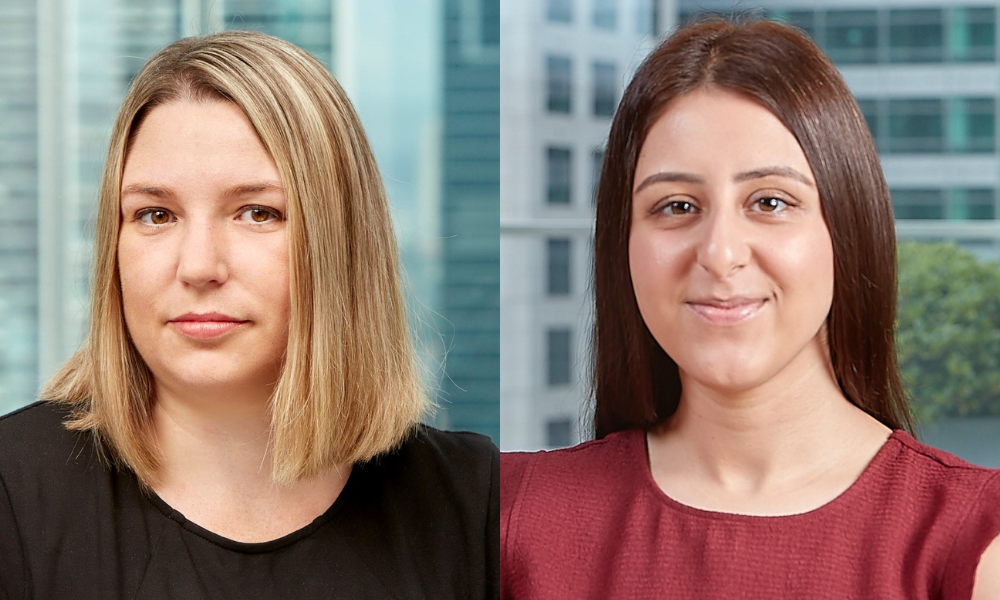
Skewed perceptions of job candidates can limit workplace diversity and inclusivity

Unconscious bias is a major issue in recruitment processes which negatively affects diversity and disadvantages certain candidates from obtaining particular roles. In this article, we examine how neurodiverse candidates can be affected by unconscious bias in the recruiting process and provide our recommendations to assist employers with making recruiting a fairer and more accessible process – which ultimately allows employers to harness untapped talent in the recruitment pool.
Neurodiversity describes the way in which an individual may learn and process information differently, encompassing neurodiverse conditions such as Attention Deficit Hyperactivity Disorder (ADHD), autism, dyslexia and dyspraxia. Neurodiverse individuals have many strengths and abilities, though biases can mean that they face substantial challenges and barriers accessing the workplace. Often stereotyped and misunderstood, individuals with neurodiversity may be excluded or singled out during hiring processes as a result of not conforming to social norms.
It is estimated that over a million Australians are neurodiverse, making it important to examine how this impacts recruiting.
Unconscious bias is when an individual relies on stereotypes or prejudices to make decisions, without consciously realising that they may be influenced by these thoughts. Often at play during hiring processes, unconscious biases can skew recruiters’ perceptions of candidates, limiting the diversity and inclusivity of a workplace.
Unconscious biases can create uneven playing fields as recruiters may, for example, hire candidates that they get along with, even though other candidates may have skills better suited for the role. Interviews that assess teamwork or quick decision-making can also be a part of hiring procedures that are biased towards a particular way of thinking or behaving. These unconscious biases can often work against neurodiverse candidates, limiting their ability to demonstrate their talents.
This has a substantial effect on neurodiverse candidates. Traditional one-to-one interview processes can be highly challenging for neurodiverse candidates as they may find it difficult to make eye contact or answer open-ended questions. Additionally, stereotypes about neurodiversity can make recruiters reluctant to hire neurodiverse individuals, even if they perform well in conventional interviews.
However, hiring neurodiverse individuals can bring a number of valuable skills to employers and employees. Diverse candidates can bring new perspectives to teams, preventing groupthink and promoting innovation. Neurodiverse candidates can be highly skilled in problem-solving and analysing data, possessing incredible attention to detail and a skilled knack at recognising patterns and trends.
New talent pools can be opened up by adopting more inclusive recruitment processes that recognise how unconscious bias may affect recruiters’ perceptions of candidates. Actively encouraging and welcoming diverse skillsets and perspectives can lead to increased creativity in the workplace. By not making conscious efforts to address this unconscious bias, employers risk losing out on highly skilled and strong candidates.
Given the many benefits of hiring diverse individuals in the workplace, it is important that employers and recruiters take steps to ensure that their recruitment processes are fair and do not disadvantage any candidates.
There are a number of ways that businesses can achieve this, including:
It is also important to note here that in reducing, and hopefully eliminating, unconscious biases, recruiters should take care not to use stereotypes or generalisations. The experiences of neurodiverse individuals are not homogenous and standardised pro-forma interview adjustments may be inappropriate. The individual circumstances of neurodiverse candidates will vary, so employers should assess each candidate’s needs on an individual basis throughout the recruitment process.
Kiri Jervis is a partner focusing on workplace relations and Miriam Asar is an associate focusing on employment and health and safety matters, both with Clyde & Co in Sydney.